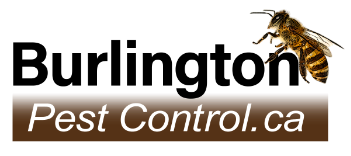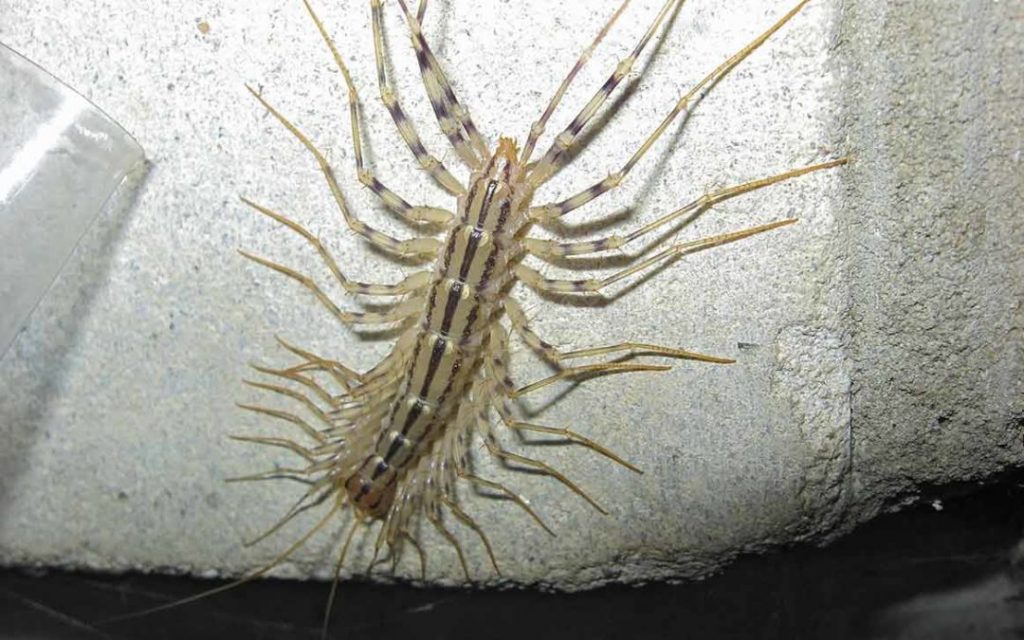Five Spider Tips for the Summer
Spider control can be challenging, particularly in the warmer months when spiders are most active.
In the wake of aberrant weather, we may expect to see a livelier year in terms of pests. A greater availability of insects will result in a greater presence of insect predators such as spiders. Spider control can be challenging, particularly in the warmer months when spiders are most active.
Here are five tips to keep in mind this summer as you work to reduce spiders in and around your home:
#1: Reduce the number of prey
Spider management is not just for spiders; you must also manage their food sources. Whether by habitat modification or chemical intervention, less prey will result in fewer spiders. A dry perimeter and excellent sealing work around windows and doors, combined with a granular insecticide, can effectively reduce the prey source.
#2: Reduce moisture
Moisture and decay provide food sources for detritivores (pill bugs, millipedes, springtails, etc.), which in turn provide food for spiders. Less moisture will result in fewer insects, from the bottom of the food chain up to the top. How frequently do you water your yard? Can your sprinkling schedule can be reduced or even turned off for a while, if need be?
#3: Trim vegetation
Trees and shrubs near the home can provide shade, hold moisture and create more hospitable microclimates for spiders. They can also provide structural “bridges” into the home. Trim vegetation away from the exterior of the home to reduce insects and spiders.
#4: Determine the type of spider
Knowing how different spider species hunt can help reduce spider infestations. For visual hunters such as wolf or jumping spiders, remove accumulated leaf litter and let mulch dry out. For burrowing spiders, such as trapdoor spiders, check the surrounding ground for holes and fill them. For web weavers, reduce areas hospitable to web formation. Areas hospitable to web formation will provide air flow, moisture and structural support.
#5: Determine a realistic threshold
Unless your property is made up entirely of concrete, maintaining a 100 percent spider-free home and yard can be unrealistic — nature will occasionally intrude on any property surrounded by vegetation.






